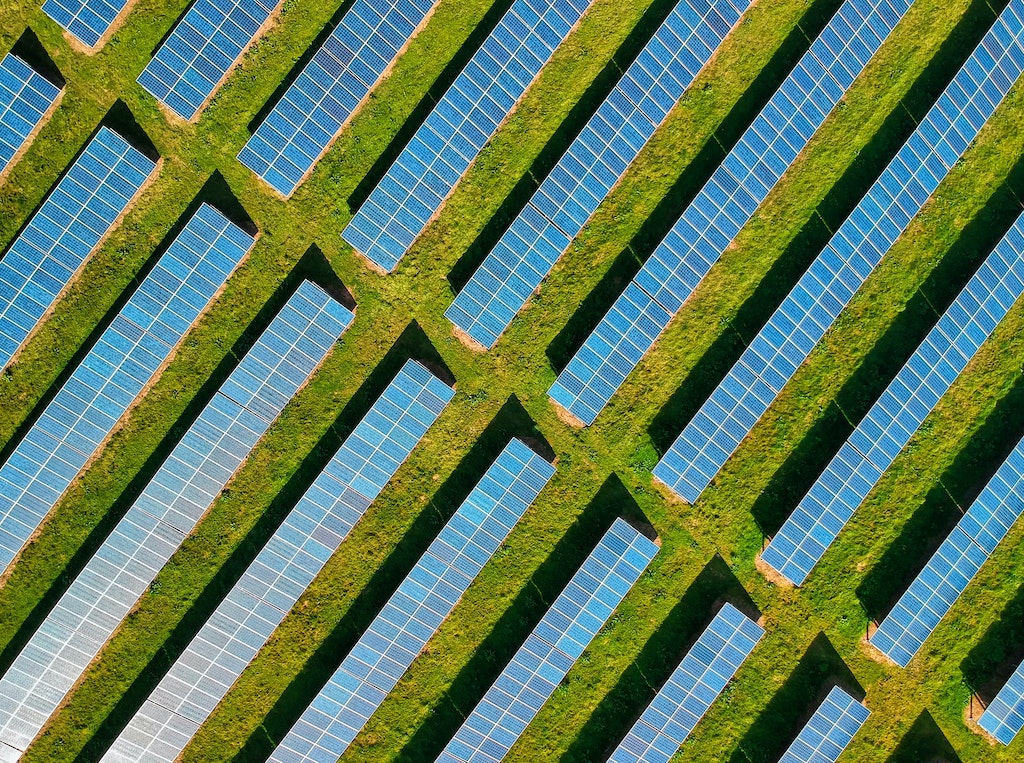6 Mins Read
By Mike Scott.
The global pandemic continued to highlight society’s inequalities in 2021, while heat waves, wildfires and floods reminded us of the urgency of the climate crisis. It was a year when environmental, social and governance (ESG) issues took centre stage in business, government and all walks of life. Approximately 90% of countries are now covered by some kind of net-zero target, as are hundreds of the largest publicly traded companies. At November’s UN climate summit, US$130 trillion of assets were committed to this goal.
Again this year, the Corporate Knights Global 100 most sustainable corporations are progressing faster than their peers. Members of the MSCI All Country World Index (ACWI), a global equity index, derive just 30% of their earnings from products or services aligned with the Corporate Knights Clean Taxonomy, while 47% of the Global 100 do so (up from 41% last year). Crucially, Global 100 companies are also investing more aggressively in clean technologies and services, with 48% of their capital expenditures, R&D and acquisitions going to clean investments, versus 34% for ACWI.
This is reflected in their performance. Since the market bottomed in the spring of 2020, the Global 100 has made gains of 22% against the ACWI, reflecting investors’ focus on a green recovery. Since its inception on February 1, 2005, the Global 100 Index has generated a total investment return of 331% compared to 279% for ACWI.
As the “decade of action” on decarbonizing the economy kicks off in earnest, the most sustainable companies are more productive in terms of both carbon and energy. Compared to the average ACWI firm, Global 100 members generate more than four times the output per tonne of carbon emitted and almost eight times more output per unit of energy consumed.
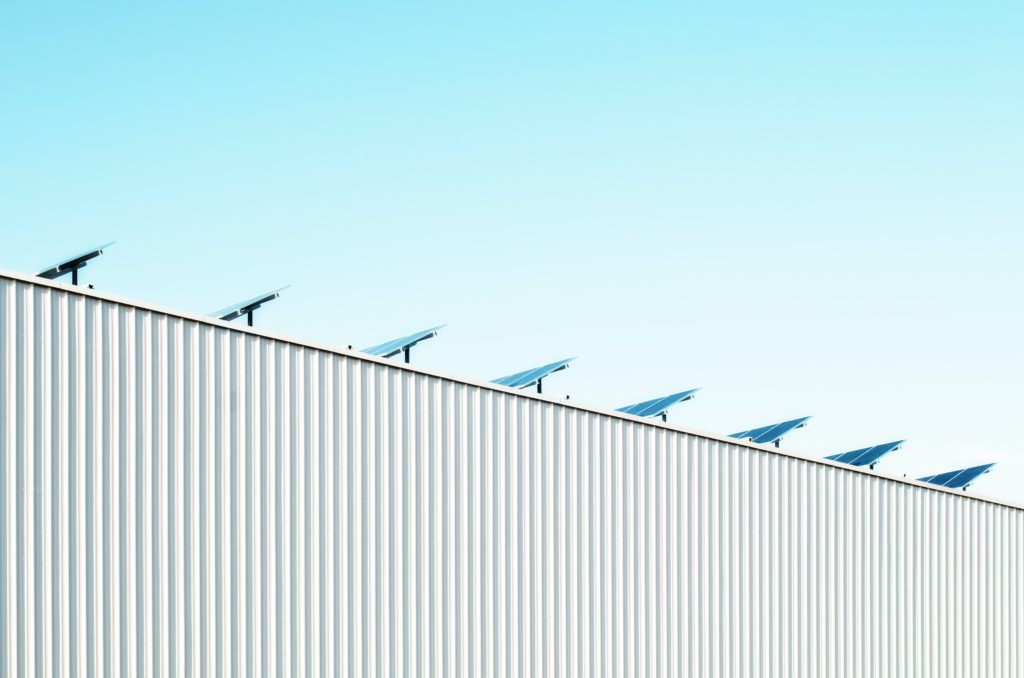
In 2021, 60 of the Global 100 companies signed up to the Science Based Targets initiative, aligning their emissions reductions with the requirements of the Paris Agreement. This year, that figure inched ahead to 65. And while non-Global 100 companies increased their clean investments from 22% in the 2021 ranking to 34% this year, the Global 100 poured, on average, 48% of their investments into clean activities, up from a third a year ago.
Global 100 companies also outperform on other parameters, including sick pay: 82% of constituents offer at least 10 days of paid sick leave, compared to 74% of the ACWI. The ratio of CEO pay to that of the average worker is also lower in Global 100 firms, at 111:1, while at other companies, the pay gap has grown from 124:1 to 140:1, extending the gulf between executives and workers. And while 87% of Global 100 companies link executive compensation to meeting sustainability targets, up from 80% last year, the proportion of companies in the benchmark index may have more than doubled, but that is from just 14% last year to 34% this year.
On diversity, the differences are less clear-cut. In Global 100 companies, on average, 32% of directors are non-male, the same as last year, while for the ACWI the proportion has improved from 24% to 30%. When it comes to diversity of leadership, 13% of Global 100 company board members and 12% of executives are racially diverse.
One area where Global 100 firms do not outperform the benchmark is in paying tax: both the Global 100 and the ACWI pay 13% tax.
Corporate Knights introduced a letter grade system this year that gives Global 100 companies marks ranging from A+ to D–. These grades were converted from companies’ overall scores, based on Corporate Knights’ 23 key indicators. Every company that makes the Global 100 has sustainability practices well above average: the letter grades reflect companies’ standings relative to other high-performance companies.
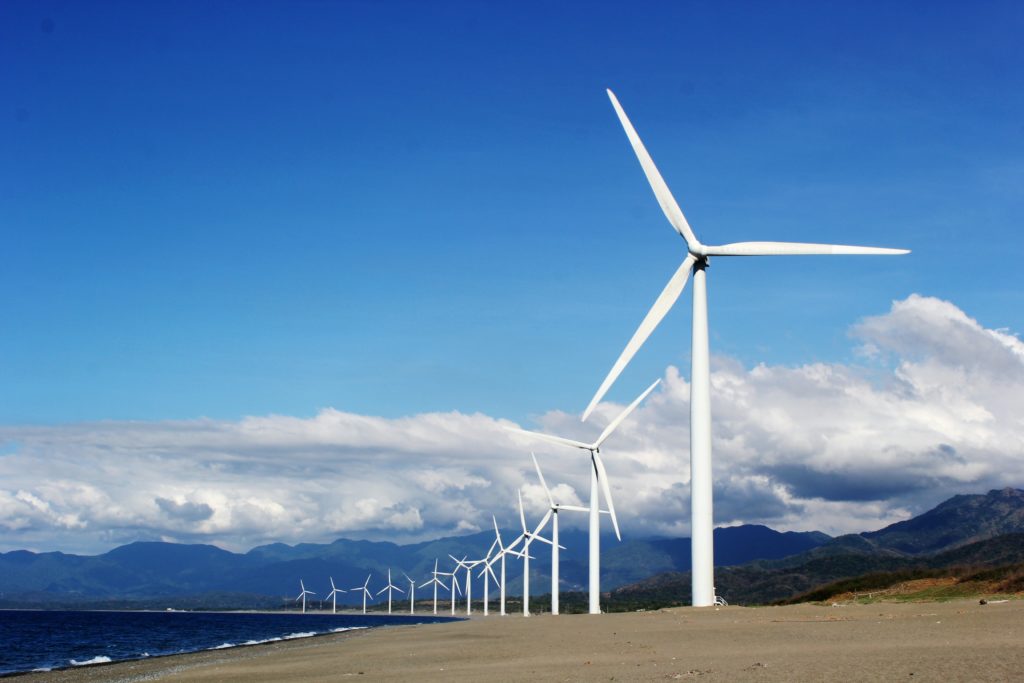
While banks comprise a 10th of this year’s index, it is tech groups of all varieties that dominate, including telecoms, chipmakers, computer makers and business service providers. There are 17 new members of the Global 100, including U.S.-listed Evoqua Water Technologies and Beijing Enterprises Water Group, highlighting the growing importance of water issues around the world. The latter was one of a number of Chinese companies joining the index, including SunPower, Xinyi Solar Holdings and LONGi Green Energy, perhaps indicating that sustainability is starting to take hold in the world’s largest carbon emitter. Another interesting addition is Schnitzer Steel Industries, a specialist in steel and auto recycling. The circular economy will be an increasing focus for many sectors in years to come.
The longest-running company on the Global 100 is Finnish retailer Kesko, which has been on the Global 100 since 2005. The index was dominated by companies from Europe (41) and the Americas (39), with 20 constituents from the Asia Pacific region.
Meanwhile, the companies that dropped off the list illustrate how sustainability requirements are always increasing and changing. Valeo no longer makes the cut because it saw a significant drop in its clean revenue and investment, as most of its products go into hybrids, which no longer count as clean under the new taxonomy, rather than battery electric vehicles.
A number of high-profile names were excluded from the Global 100 because of specific red-flagged activities, such as weapons production (including Airbus, Rolls-Royce Holdings and Boeing) and climate policy blocking (Ford Motor Company, Daimler AG, Chevron and Air France).
It was also a year that put the complexities of the sustainability agenda into sharper focus; some members of this year’s list performed well in certain areas but showed clear shortcomings elsewhere. Tech giants Apple and Google, for example, were both hit with significant antitrust fines in Europe, but Apple scored well on energy, carbon, clean revenue and diversity, while Google performed strongly on clean revenue and racial diversity. Canadian mining firm Teck Resources agreed to pay the highest pollution fines ever given out by Fisheries and Oceans Canada in 2021 as a settlement for selenium releases at its metallurgical coal operations; nonetheless, the company sits in 74th spot because of its top-quartile performance on clean revenue and investment in clean economy minerals such as copper and zinc, as well as pension fund quality and boardroom racial diversity.
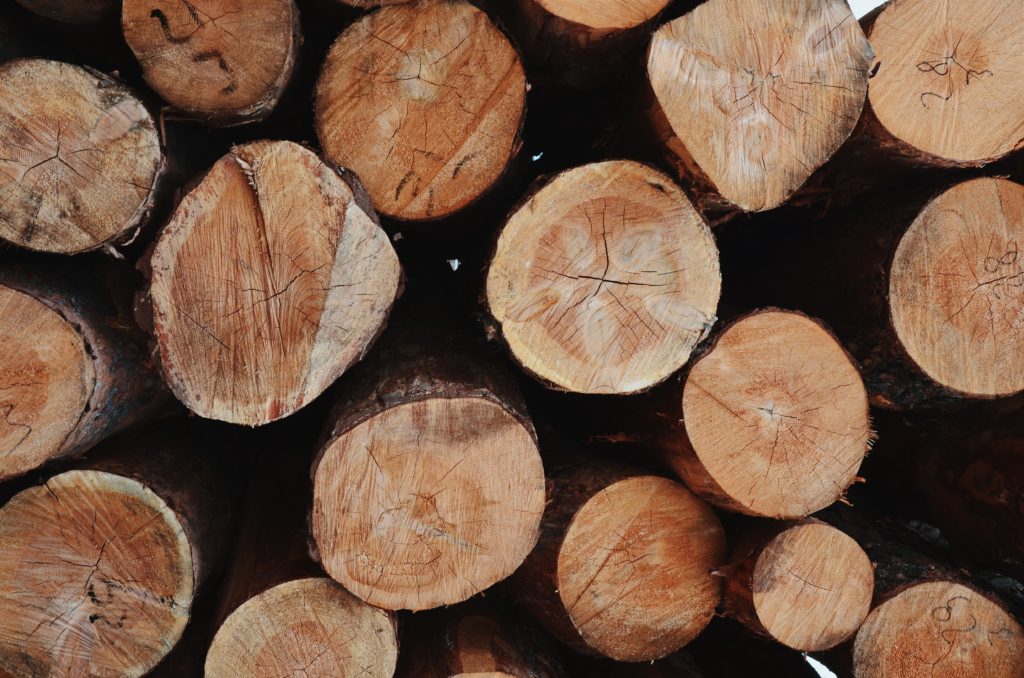
Banco do Brasil is heavily invested in Brazil’s carbon-intensive beef and timber industries, but as a sustainable finance leader, it screens those investments for responsible practices. It scores well in areas such as energy productivity, taxes paid, clean revenue and CEO pay ratio.
The last 12 months have shown that sustainability is a constantly evolving concept, and even the most diligent companies must evolve with it.
Corporate Knights’ 2022 ranking of the world’s 100 most sustainable corporations is based on a rigorous assessment of nearly 7,000 public companies with revenue over US$1 billion.
Download the complete 2022 Global 100 Excel scorecard here.
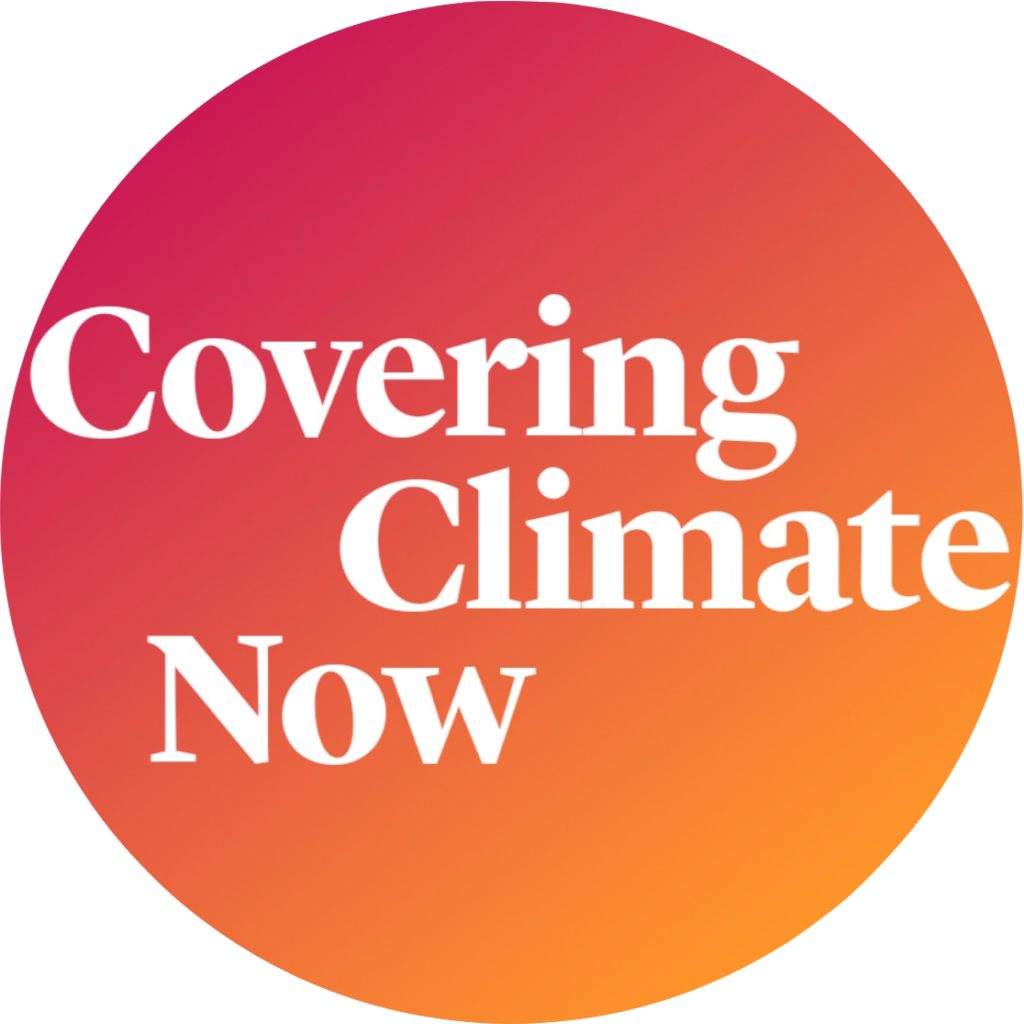
This story originally appeared in Corporate Knights and is republished here as part of Covering Climate Now, a global journalism collaboration strengthening coverage of the climate story.
Lead Photo by Red Zeppelin on Unsplash.

